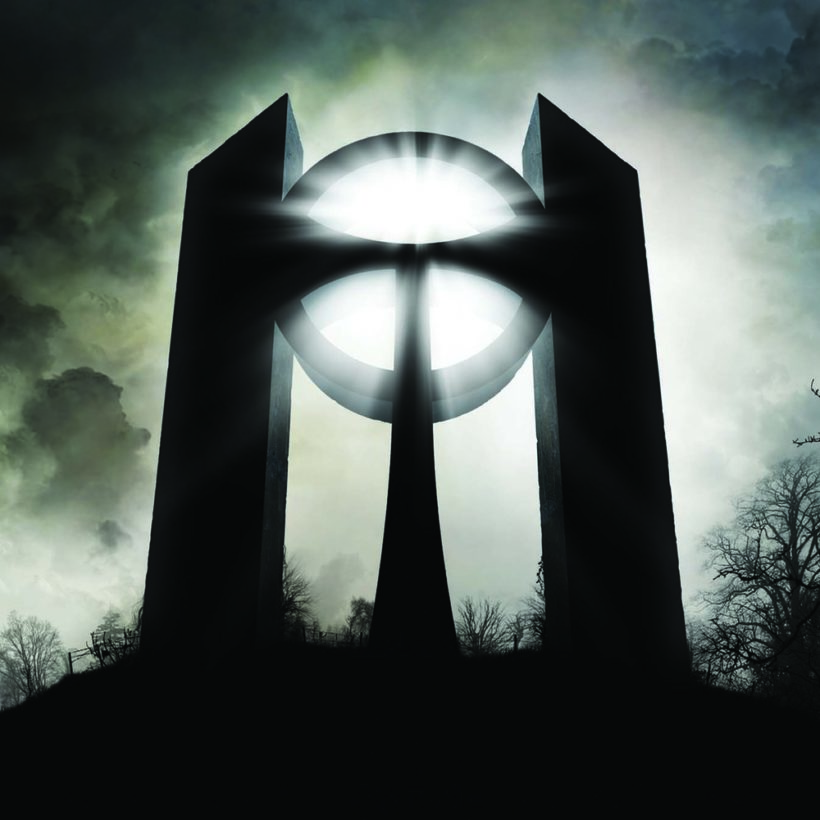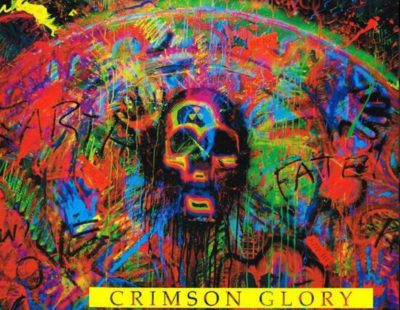
You can only imagine the pressure of deciding to reform one of the most iconic bands of a genre after a few decades off. The anticipation and expectation, of both longtime fans and converts who were coming up as your legend was already cemented into the zeitgeist of the (sub) culture, is simply fucking daunting. And when Amebix came roaring back with an EP of rerecorded songs (Redux) in 2010—a move that could have been a fucking disaster—they somehow managed to recapture that old spark. Doubly so for their reunion shows, (I was lucky enough to catch the Philadelphia date, which is still one of the best gigs I’ve ever attended). So, when it came time for them to record a new full length, it’s safe to say hopes were really high but also somewhat misplaced.
I had just started working at the record store when Sonic Mass was released in 2011. Their deal with Profane Existence had gone sour and long-rumored documentary on the band seemed to be in limbo. By the time their return LP was hitting the promo circuit, it seemed that everyone expected a return to form, a continuation of the 1980s sound that Amebix perfected. And those who had their hearts set on this sound found themselves confused and even feeling betrayed when they sat down with Sonic Mass. I clearly remember a conversation with a label guy who asked me if I’d heard it yet. He told me “it sounds more like Killing Joke than newer Killing Joke” and that he was disappointed. I began to hear this from a few other die-hard fans. For some reason this made me stay away because I didn’t want to have my fond memories of one of my favorite bands ruined by their own desires to grow and progress. What a fucking dunce move.
A few months later I decided to get the vinyl and give it a go. At the very least, I figured I could satisfy my gnawing curiosity as to what was making the older folks fussy. So, I sat down and gave the record my undivided attention, which was a proper choice because it’s a complex listen. It takes a few songs to even get into something approaching familiarity in sound. That’s when I figured out that I wasn’t listening to a collection of songs, or even a concept record, but rather some audio cinema, which was meant more to tell a story than something to drink and fight to. It was an experience that I imagine people in the ’70s had when they came home from their barber performing an abortion on their hair and listened to some double-LP prog record when it was still a fresh and alien concept. It was enthralling even if it wasn’t what I had hoped for.
Sonic Mass ebbs and flows and throughout the dense soundscapes there are a few bangers that can stand on their own without being a part of the larger narrative. Songs like “The Messenger” feel like they would belong on No Sanctuary if it’d been recorded in a more proper setting. The Killing Joke comparisons are apt as I’ve made the (crappy) joke that Sonic Mass is the best Killing Joke record in a few years. (I wasn’t wrong until 2015’s Pylon, which is incredible). Overall, Sonic Mass shows an intense focus and maturity, a massive work of art done by men who have reached a point in their lives where they have nothing to prove to anyone and can work without the constraints of public perception regardless of the reception.
This isn’t to say that Sonic Mass is without flaws. Some of the lyrics seem a bit overtly clumsy (“God of the Grain”) and it tends to feel like there’s more meandering than resolute bangers. This certainly isn’t the kind of record you can put on at a party or if you’re wanting something that is crushing from start to finish. Like I said, it’s a challenging record that requires patience to really dig into, but—at least for me—it was a worthwhile trip and some of my favorite moments of the band’s entire career.
I spoke about misplaced expectations earlier, here’s why: We hold bands whom have become icons to a strange standard. We expect them to continually wow us, but we don’t want them to deviate from the formula that made them iconic in the first place. We don’t give artists a chance to express who they are, they’re creating something because we’re selfish cunts. We want Under the Sign of the Black Mark not Requiem; Persecution Mania not Masquerade in Blood; Welcome to Hell not Possessed—you get the idea. And sure, this attitude has been rewarded in universal disdain for Cold Lake and Grave New World, but I’d like to think those records are the exceptions and not the rule. It forces ambitious projects to collapse under their own weight, amongst other scenarios. Amebix ceased to be a short time after Sonic Mass was released, leaving a divisive yet satisfying book end to their story. Still, for those who pine for what Amebix would have sounded like if they’d kept the Redux sound, there’s Tau Cross, who feature Rob Miller as well as members from other excellent bands. Their first record took me a bit to get into but I’m greatly anticipating the second full length, which is due this year. Amebix guitarist Stig Miller is also working on solo material, which you can find on YouTube. For those whom are more open minded and patient, Sonic Mass is a proprr farewell for a rich and legendary career.





